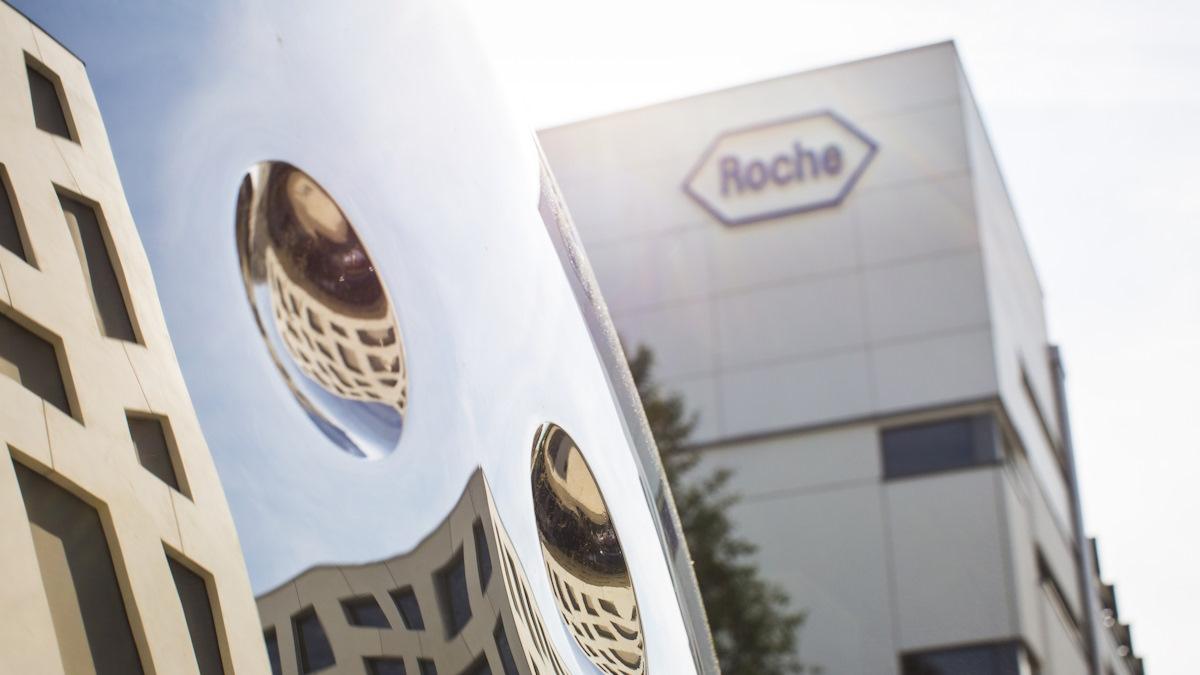Sanofi pauses enrolment in ex-US tolebrutinib trials

Sanofi has paused recruitment in its international phase 3 trials of BTK inhibitor tolebrutinib for multiple sclerosis, although it says studies aimed at getting US approval are on track to complete on schedule.
The decision to pause recruitment outside the US comes after the FDA's decision to order a partial clinical hold on phase 3 trials of the drug – one of the main assets of Sanofi's $3.7 billion buyout of Principia Biopharma – while a safety signal is investigated.
Sanofi said the GEMINI 1 and 2 trials of tolebrutinib in relapsing forms of MS are fully enrolled and should read out in time to meet its plan of filing for regulatory approval in the US in 2024.
The French pharma group said that while regulators outside the US were happy for other trials in MS and myasthenia gravis to continue after it implemented measures to reduce recruitment of people with pre-existing liver risk factors, it had decided to pause enrolment globally on the advice of its data monitoring committee.
It stressed that the decision was not due to any additional safety findings, and that all patients already in studies will continue to be treated with the drug. It also anticipates providing further information on the safety signal to the FDA by the end of September.
The pause affects the HERCULES trial in non-relapsing secondary progressive MS, the PERSEUS study in primary progressive MS, and URSA in myasthenia gravis
"Patient safety remains our top priority as we continue to investigate the impact of tolebrutinib on liver function during this recruitment pause," said Sanofi's head of R&D John Reed in a statement.
"We remain confident in the future of tolebrutinib as a potentially transformative oral treatment option for people living with MS and are working closely with regulatory authorities in order to resume active recruitment within the fourth quarter of 2022," he added.
Tolebrutinib is one of three clinical-stage BTK inhibitor candidates that Sanofi acquired with the Principia takeover in 2020, and the second to suffer a setback after rilzabrutinib failed a trial involving patients with rare autoimmune skin disorder pemphigus in September 2021.
Sanofi will be anxious not to delay progress with the drug too much, as it is competing with other BTK inhibitors to be first to market for MS.
Among its rivals is Merck KGaA, whose evobrutinib has shown promise in a phase 2 trial in relapsing MS, with 2.5-year efficacy and safety data reported at the American Academy of Neurology (AAN) annual meeting in April.
Phase 3 trials are ongoing, with recruitment recently re-opened as a result of the Russian invasion of Ukraine, which prompted Merck to add extra patients outside these countries. It also amended the trial protocol to be event-driven.
Meanwhile, Roche''s fenebrutinib and Biogen's orelabrutinib are two other BTK inhibitors in mid-stage testing for MS.
All the BTK inhibitors are designed to be able to cross the blood brain barrier and enter the central nervous system, dampening down the autoimmune response that leads to neuronal damage in MS.












